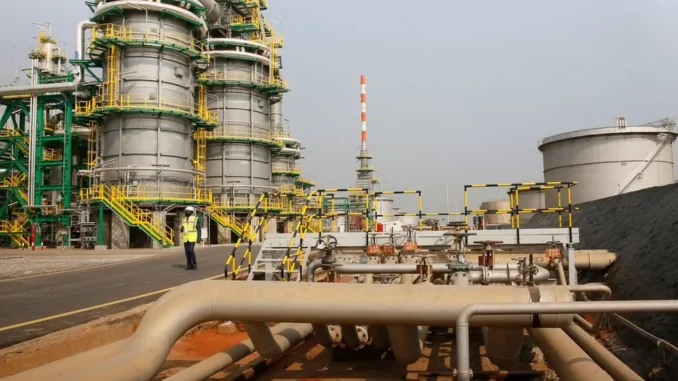
Angola has decided to withdraw from the Organization of the Petroleum Exporting Countries (OPEC), against a backdrop of disagreement over oil production quotas, deeming it time to “focus more” on its own objectives.
“Up until now, we have had no influence on quotas, but if we were to remain in OPEC, we would suffer the consequences of the decision to respect production quotas,” Diamantino de Azevedo, Minister of Natural Resources, Oil and Gas, told state broadcaster TPA on Thursday. Angola would then be “forced to cut production, which goes against our policy of avoiding any cuts and respecting contracts”.
The announcement comes after a recent decision by OPEC to set a quota of 1.11 million b/d for Angola, which the country is strongly contesting, aiming for its own target of 1.18 million b/d. This has led to a deepening of oil losses, with prices already weighed down by the expectations of some investors that demand for black gold will be undermined next year by an economic recession.
Angola’s decision was taken following a Council of Ministers meeting held on Thursday at the presidential palace in Luanda, according to a presidential press release. It was transformed the same day into a decree with the force of law, signed by President João Lourenço. “At present, Angola gains nothing by remaining in the organization and, to defend its interests, has decided to leave it”, the minister explained to the press gathered at the presidency, according to the communiqué.
“When we see that we are in organizations and that our contributions, our ideas, have no effect, it’s better to leave. We joined voluntarily in 2006 and we have decided to leave now, also voluntarily. And this is not an ill-considered or ill-timed decision”, stressed the Minister.
Despite further cuts announced in November, crude oil prices are still stuck at their lowest level since June (between $70 and $80 a barrel), although they remain above their five-year average. At around 13:15 GMT, the price of a barrel of Brent crude for February delivery was down 1.59% on Thursday, at 78.43 dollars. Its US equivalent, West Texas Intermediate (WTI) for delivery in the same month, was down 1.68% at 72.97 dollars.
